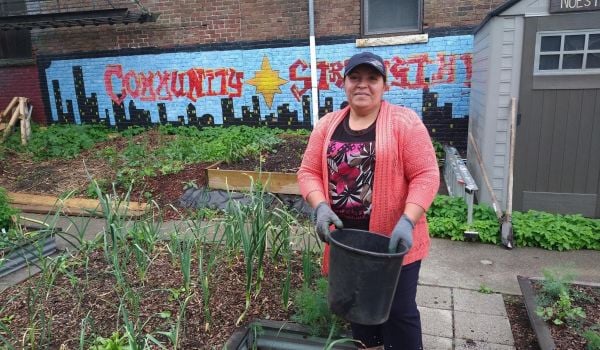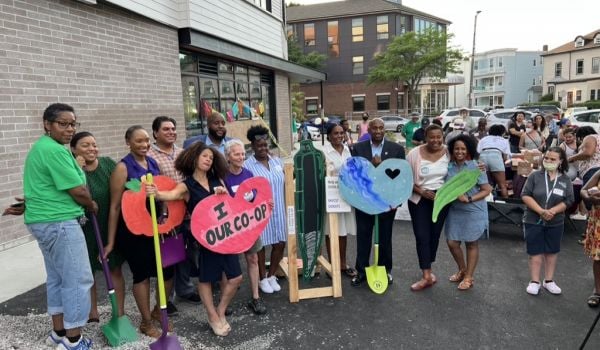In Boston, women make 80 cents per dollar men make, which is one cent higher than the national average. In an attempt to close that gap, Mayor Marty Walsh is launching an initiative to offer Boston women free salary negotiation workshops. According to Boston radio station WBUR:
Partnering with the American Association of University Women (AAUW), the city will offer 10 workshops this fall, with a goal of reaching 90,000 women in the next five years.
The two-hour-long workshops will help women identify their target salary and benefits package and develop a strategy for asking for raises.
Since he got into office, Walsh has focused on addressing inequality. He created an office of diversity which, last spring, released a report detailing Boston’s diversity shortcomings and wage gaps. Boston’s new chief resilience officer, appointed last month, has a mandate to address how income inequality, a lack of affordable housing, poverty and racism factor into disaster recovery. Walsh also created an Office of Financial Empowerment last year to help residents with everything from personal money management to job hunting.
The new workshops are meant to help all women, regardless of their current income.
“The idea is to really give women a set of tools so that they can understand their own situation and their circumstances to understand how to go from minimum wage to maybe a manager at their current employer or how to negotiate for that promotion or that salary bump or that end-of-the-year bonus,” Megan Costello, the executive director of the city’s Office of Women’s Advancement, told WBUR.
Costello’s office advises companies on how they can better serve women and reduce the gap, including offering paid parental leave and flexible work hours. “When women make up the majority of a city but are further behind than their male counterparts, that’s not good for them as individuals, that’s not good for our communities, our neighborhoods, our families, and that’s certainly not good for business,” Costello said.
Jenn Stanley is a freelance journalist, essayist and independent producer living in Chicago. She has an M.S. from the Medill School of Journalism at Northwestern University.
Follow Jenn .(JavaScript must be enabled to view this email address)
















